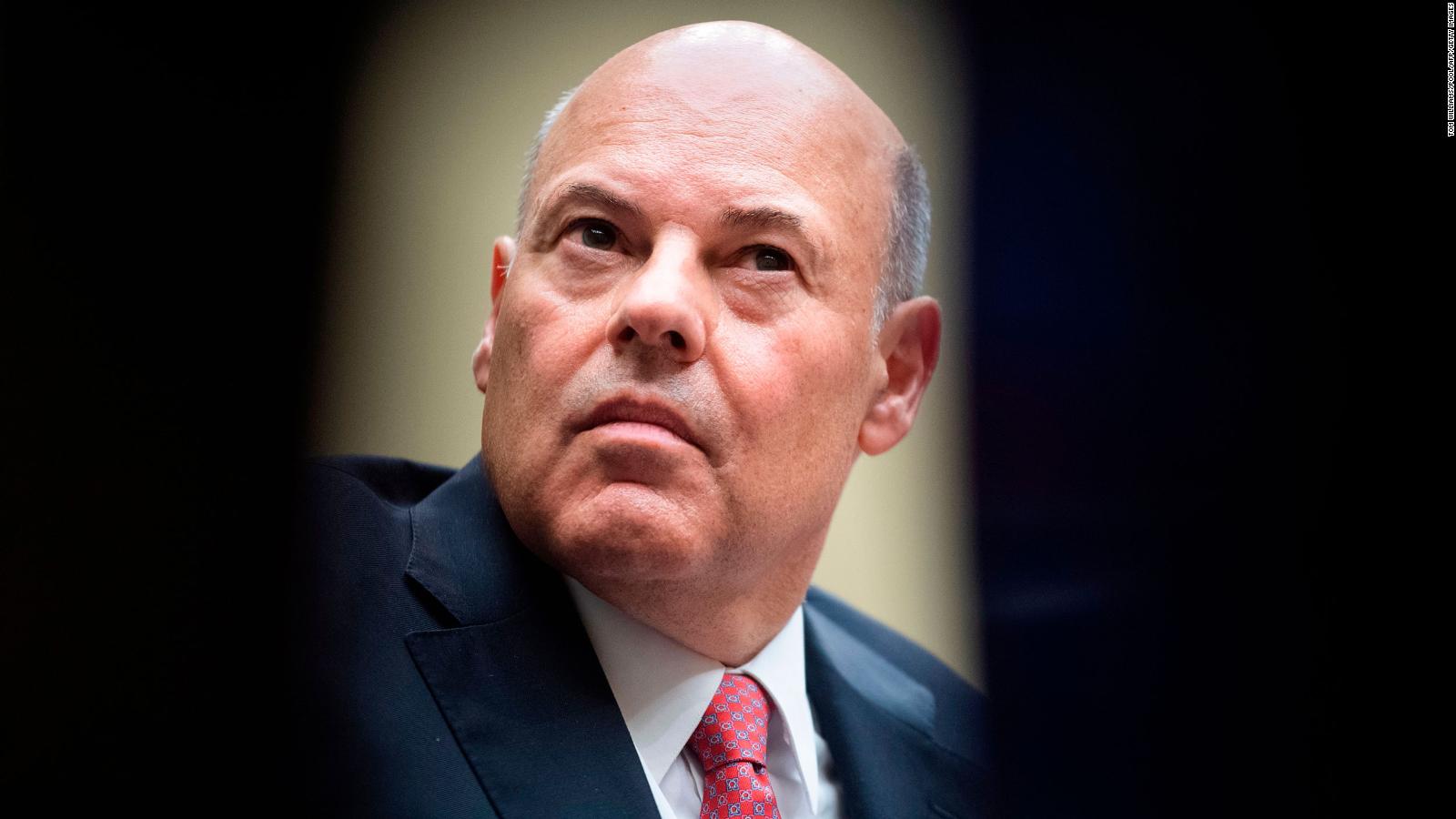Does The Post Office Make Money
New York (CNN Business)Even by 2020 standards, the United States Postal Service is having a terrible year. With election day less than a month away, concerns are mounting that the USPS lacks the bandwidth to process the likely historic number of mail-in ballots.
But, paradoxically, business for the USPS is booming. The agency netted a positive cash flow of almost $2 billion in the nine months ending June 30. The agency has been cash-flow-positive for the last three years, partly because of increased package deliveries and steady rates of first-class mail delivery.
How is it, then, that the country's most popular federal agency is earning millions of dollars, while also facing one of the greatest financial crises in its history? The answer to the USPS financial oddities can be traced back to a single source: Congress.
The USPS is not like other government agencies
Established in 1775 to promote the free exchange of ideas across the colonies, the United States Postal Service is among the country's oldest government institutions -- and yet it operates with few of the financial benefits of being a federal agency, while still bearing many of the costs.
For one, unlike other government agencies, the USPS is not allowed to receive taxpayer funding, and instead must rely on revenue from stamps and package deliveries to support itself.

And unlike private courier services such as UPS and FedEx, the USPS does not get to set its own prices or excise unprofitable routes. Instead, Congress sets the postage rate and stipulates that the postal service delivers to all homes in America-- including a remote community in the Grand Canyon, where the mail is delivered by mule.
These unique rules help preserve the USPS as a public service, rather than a business.
"UPS and FedEx depend on the Postal Service to go where they don't want to go," said Oregon Representative Peter DeFazio, author of a USPS reform bill. "If you wanted to run it as a business, you'd eliminate the least profitable routes, you'd cut out all of rural routes. There's no substitute for the Postal Service for much of the country."
Still, this combination makes for a difficult model: the USPS is subject to congressional oversight of other federal agencies, but does not get any taxpayer revenue; it competes with private courier services like a profit-seeking company, but cannot set its own agenda.
A 2006 law makes the USPS' problems worse
Despite these unique requirements, the USPS continued to net positive cash flows, and was actually profitable until 2006 -- at which point Congress passed the Postal Accountability and Enhancement Act during a lame-duck session.
Under this law, the USPS was required to pre-fund 75 years worth of retiree health care benefits in the span of roughly 10 years.
"There's no other entity on Earth that does anything like that," DeFazio said. "When I talk about it, people say it's utterly absurd."
So far, the USPS has paid $20.9 billion but it's also deferred on some $47.2 billion as of September 2019. Still, those delayed payments still count as an expense -- meaning that regardless of the agency's financial successes over the last few years, its balance sheets will continue to report enormous losses.

The Postal Service's debt "is a direct result of the mandate that it must ... pre-fund the retiree health plan," the USPS Inspector General wrote in 2015.
Some policymakers see a chance for reform without resorting to the controversial cost-cutting measures from Postmaster General Louis DeJoy. One such solution is a proposed bill from DeFazio that would eliminate the retirement pre-funding requirement.
Others object to the very idea of the USPS funding itself with its own revenue.
"We don't tell [the Department of Defense] to go sell weapons to make revenue to serve the American people," California Representative Ro Khanna said. "We don't say that about our health service, or the National Institute of Health. So why should we have a different standard for the postal service?"
-- Chris Isidore contributed to this report
Does The Post Office Make Money
Source: https://edition.cnn.com/2020/10/06/business/congress-usps-funding-problems/index.html
Posted by: chavarriapoodut84.blogspot.com

0 Response to "Does The Post Office Make Money"
Post a Comment